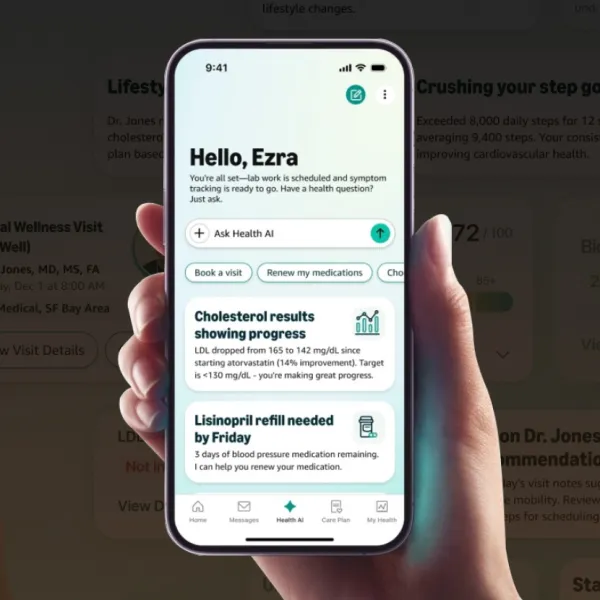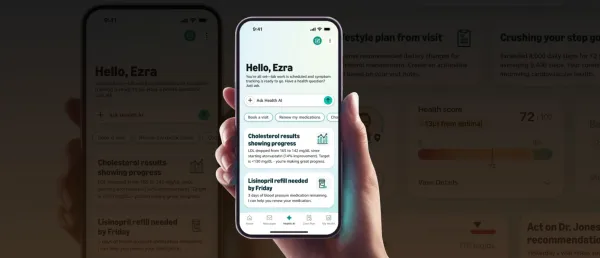ICMR Study Finds Drones Effective for Safe Blood Transport in Remote Areas

The study focused on the stability of blood parameters during drone transport and found them comparable to conventional delivery systems.
A new study by the Indian Council of Medical Research (ICMR) has confirmed that drones can safely transport blood and its components without compromising their integrity, particularly in geographically rugged and remote areas.
Titled "Adopting drone technology for blood delivery: a feasibility study to evaluate its efficiency and sustainability", the research tested drone-based transport against traditional delivery methods. In the pilot, a drone traveled 36 km in eight minutes, while a van took 55 minutes to cover the same distance.
The study focused on the stability of blood parameters during drone transport and found them comparable to conventional delivery systems. It concluded that drones are a feasible alternative for delivering critical and time-sensitive medical supplies, including emergency drugs.
The research highlighted that “managing and transporting blood and its components is a complex task due to stringent storage conditions, limited shelf-life, unpredictable requirements, and complex geographical and climatic conditions.”
Maintaining cold chain integrity is essential, as exposure to warm or frigid environments can lead to bacterial contamination or hemolysis, risking patient safety during transfusions.
While the study found that UAVs offer potential to overcome logistical challenges, particularly in tropical regions and emergencies, it emphasized the need for more scientific evidence to assess operational barriers and quality impacts in drone-based delivery systems.
Conducted over three months from May to July 2023, when ambient temperatures ranged from 30 to 40°C, the study documented the biochemical stability of blood transported via drone. It also underscored that drone trials in countries like Italy and Rwanda had previously shown similar outcomes, with no negative impact on blood integrity despite exposure to acceleration and deceleration.
The study stated that drones “can reach inaccessible areas in a shorter duration” and offer a viable option in strengthening the healthcare delivery system, especially in time-critical situations.
Stay tuned for more such updates on Digital Health News































